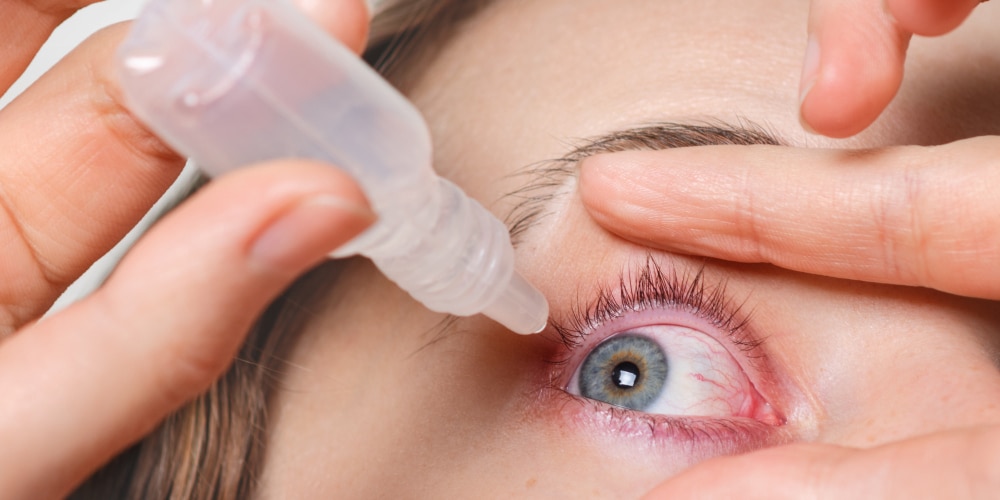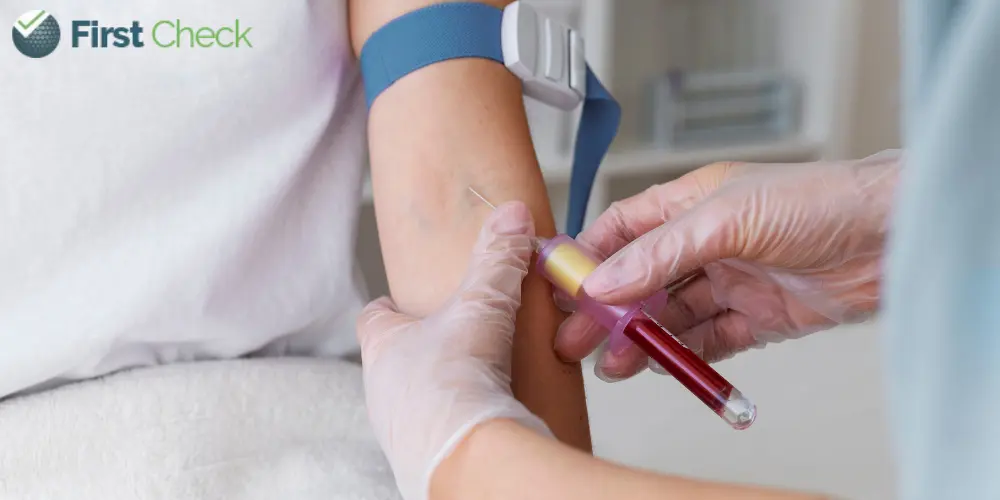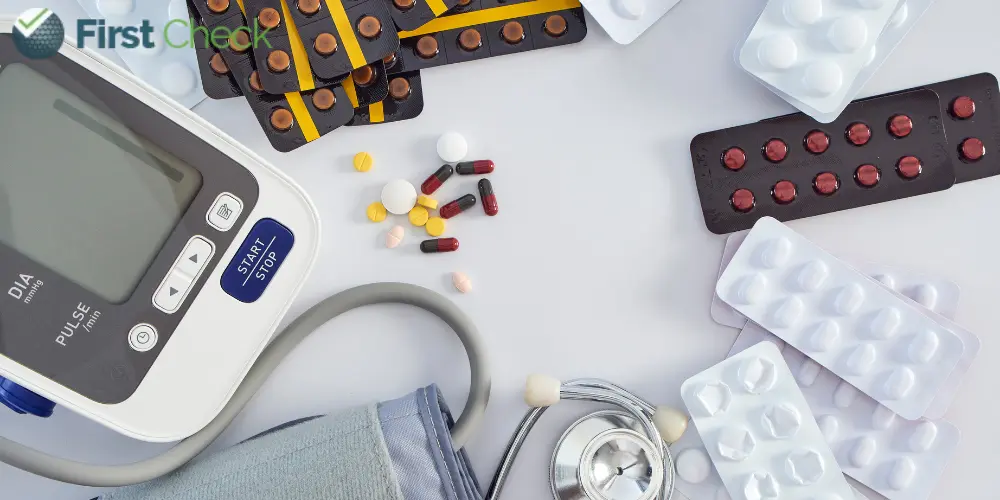Antibiotics shortage: Only 6.9% of patients treated for deadly superbug infections in developing nations
India accounted for over 80% of antibiotics procured, but still treated under 8% of its cases
Author
Author
- admin / 7 months

- 0
- 3 min read

Author
Sneha Richhariya
While antibiotic overuse in some regions fuels the rise of antibiotic resistance, millions in low- and middle-income countries face a deadly paradox as they are unable to access life-saving drugs for carbapenem-resistant Gram-negative (CRGN) infections–superbugs that evade powerful antibiotics.
The CRGN are a group of bacteria that are resistant to carbapenem antibiotics, which are often used as a last resort to treat serious infections.
A study by the Global Antibiotic Research and Development Partnership (GARDP) reveals that only 6.9% of patients with carbapenem-resistant Gram-negative (CRGN) bacterial infections across eight low- and middle-income countries receive appropriate antibiotic treatment.
The study leveraged 2019 data from the Global Burden of Disease 2021 study and IQVIA antibiotic sales data and looked at access to antibiotics for nearly 1.5 million cases of these superbug infections across eight major low- and middle-income countries, including India, Brazil, and South Africa.
Only 103,647 antibiotic treatment courses were procured, covering just 6.9% of cases, resulting in a treatment gap of approximately 1.39 million cases. Tigecycline was the most procured antibiotic. India accounted for 80.5% of procured treatments but treated only 7.8% of its cases, with a treatment gap of 982,848 cases. Mexico and Egypt had the highest treatment coverage at 14.9% each, with treatment gaps of 32,141 and 43,258 cases, respectively. The persistent treatment gap highlights a critical lack of access to effective antibiotics for CRGN infections.
Older antibiotics dominate
Older antibiotics like tigecycline and colistin dominated due to the scarcity of newer, safer options like ceftazidime-avibactam, which was used in just 0.8% of cases.
“For years, the dominant narrative has been that antibiotics are being overused, but the stark reality is that many people with highly drug-resistant infections in low- and middle-income countries are not getting access to the antibiotics they need,” said Dr Jennifer Cohn, GARDP’s Global Access Director and senior author of the study. “Some strong innovative government programmes do already exist and are attempting to address this, but we need more of them and they need more resources.”
The researchers highlight multiple barriers to accessing effective treatment for CRGN infections, including limited healthcare facilities, insufficient diagnostic tools, and restricted availability of suitable antibiotics, urging further studies to pinpoint and tackle these specific obstacles.
“This research casts the spotlight on a much overlooked and increasingly dominant aspect of AMR, that there is now a massive treatment gap and people are dying because of it,” said Dr Manica Balasegaram, Executive Director of GARDP. “This data shows a radical shift in focus is needed towards R&D and access efforts that are aimed at ensuring people get the antibiotics they need. Ultimately the priority should be saving people’s lives.”
Although the study examined just eight countries, its findings likely reflect a wider trend, as most new antibiotics are typically registered only in a few high-income nations.
Also read: Think your body becomes resistant to antibiotics? Here’s why you’re wrong – First Check
Do you have a health-related claim that you would like us to fact-check? Send it to us, and we will fact-check it for you! You can send it on WhatsApp at +91-9311223141, mail us at hello@firstcheck.in, or click here to submit it online.










